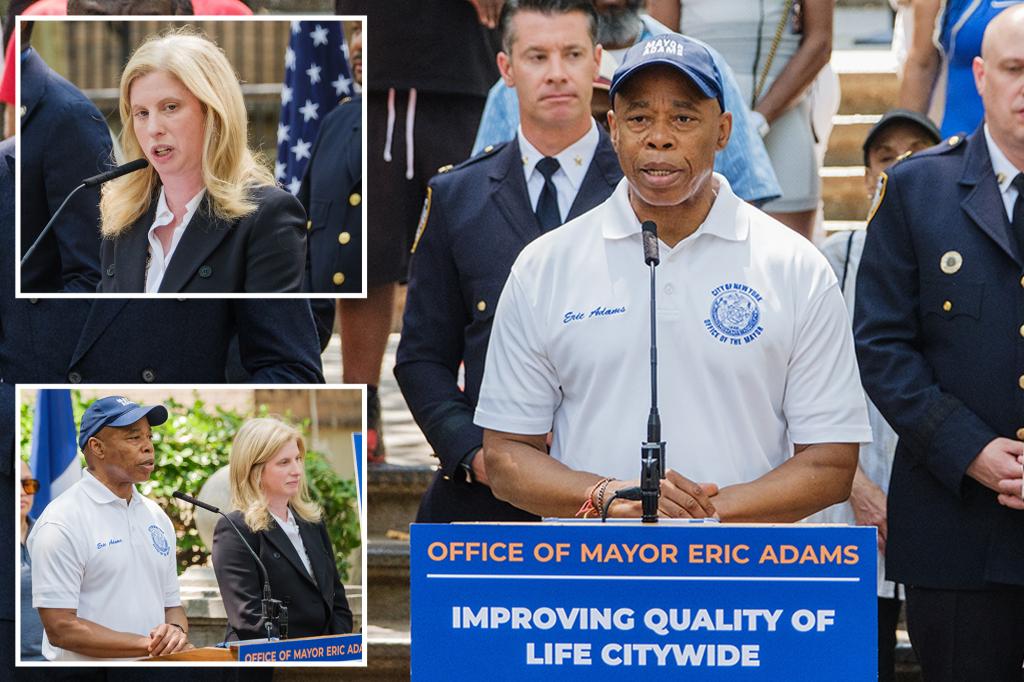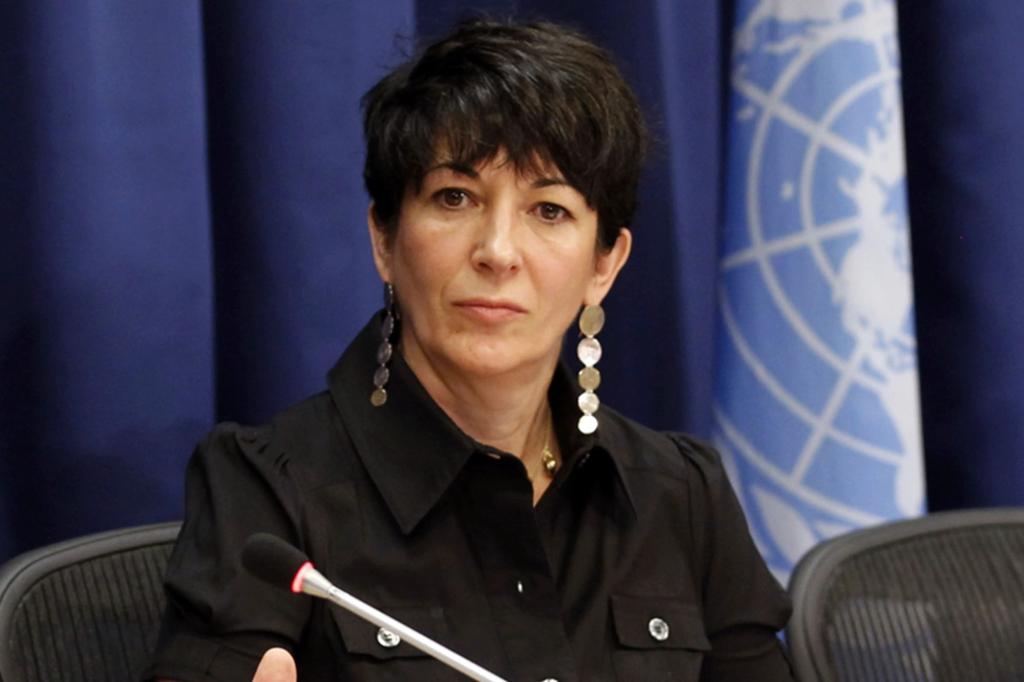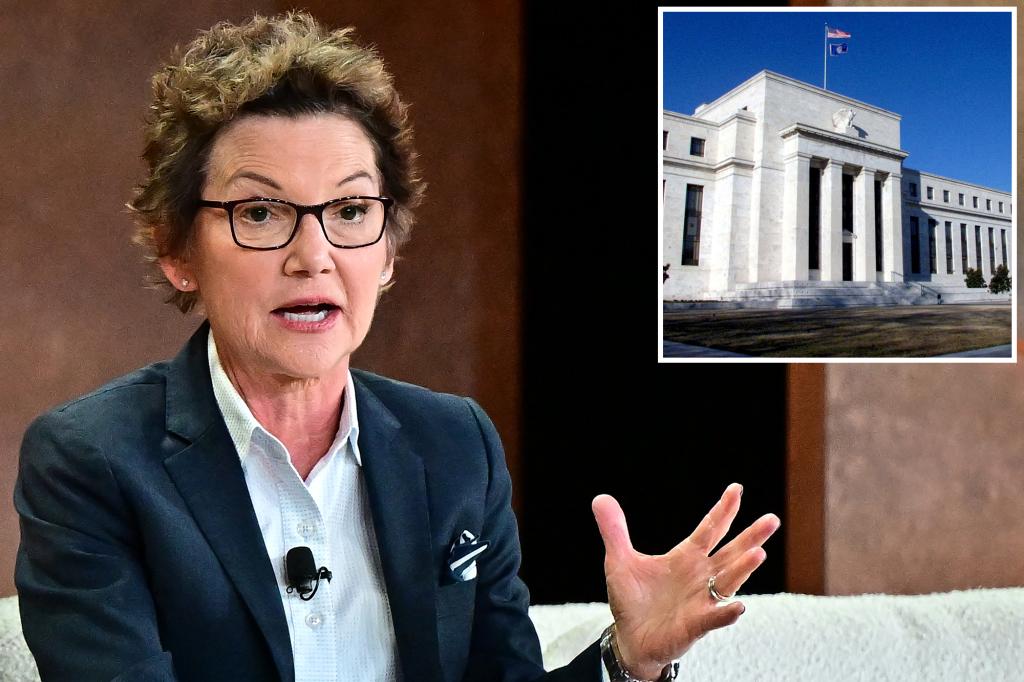
The NYPD just expanded its special quality-of-life teams to cover all of Brooklyn after a pilot project showed they are succeeding in tackling “everyday issues,’’ city officials said Monday.
Since the first “Q-Teams’’ were launched in six city police precincts in April, they have handled more than 23,400 quality-of-life calls on everything from illegal mopeds to homeless encampments, open drug use, abandoned vehicles and noise issues, Mayor Eric Adams and Police Commissioner Jessica Tisch revealed at a press conference.
“This is a real shift in how we serve neighborhoods, and it’s working,” Tisch said.
The Brooklyn expansion adds to the teams’ complete coverage in Manhattan and The Bronx. Queens is set to be covered by Aug. 11 and Staten Island by Aug. 18, officials said.
Statistics back up the initiative’s success, with non-emergency response times improving by an average of 47 minutes, said the department — although it did not provide to The Post what the wait times were before the special teams went into effect.
The special teams also have towed 640 “derelict’’ vehicles and seized 299 illegal e-bikes and scooters so far, the department said.
“We know that people were not feeling safe. And that is why the commissioner put this quality of life initiative, the Q-team, throughout our entire city,” Adams said.
“And now we’re coming to the largest borough and making sure we continue the success of our Q-team,” he said of the Brooklyn expansion, which was completed last week.
Tisch said that while the NYPD had been “laser-focused” on fighting crime for years, complaints regarding non-emergency disturbances skyrocketed between 2018 and 2024.
“Panhandling complaints rose by nearly 2,800%, homeless encampment calls jumped over 500%, and noise complaints nearly doubled. And illegal parking complaints were up more than 200%,” she said.
“When we launched the Quality of Life Division earlier this year, the idea was simple but ambitious: Build teams focused entirely on the local conditions that make daily life harder for New Yorkers,” Tisch said.
Tisch and Adams noted that July saw the lowest shooting rate and shooting victims of any July in recorded city history, or since 1993.
<




